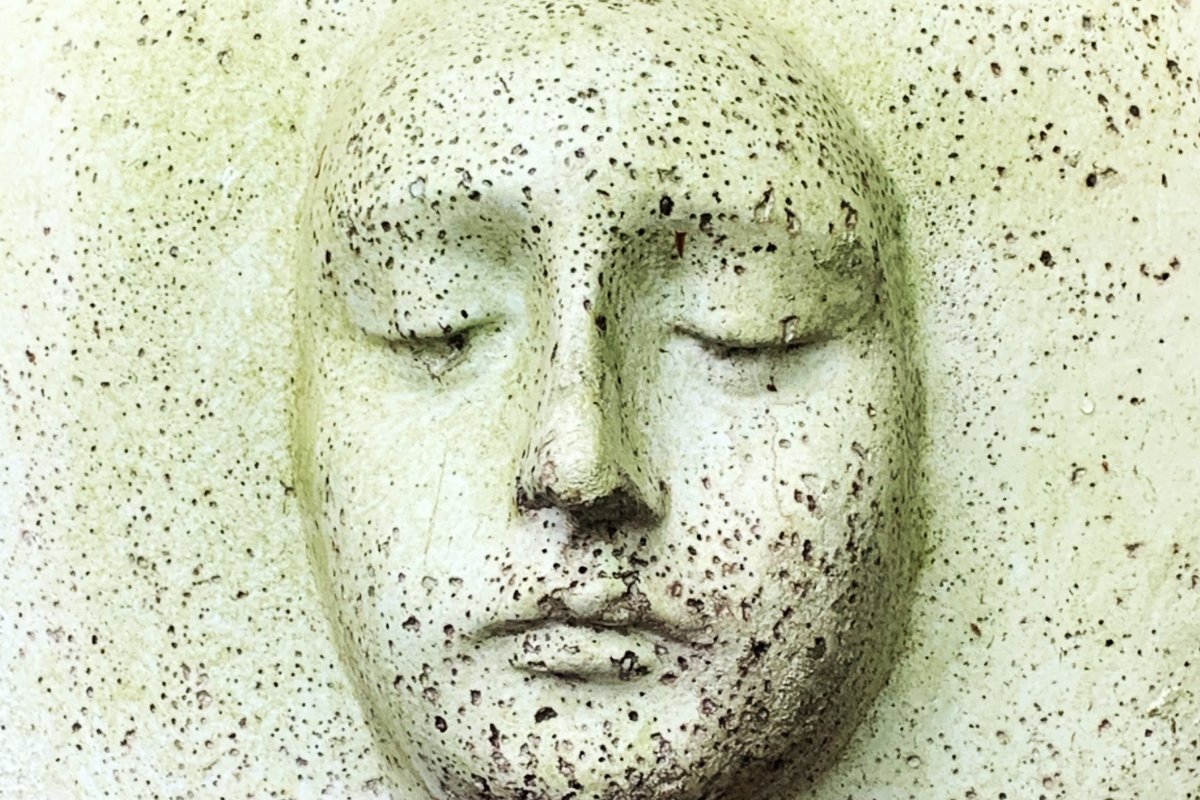“I moved closer and asked him to tell me more,” the coaching trainee said. “I felt drawn into the story my client was telling. I wanted to know every detail.” She couldn’t, she said, get enough of it. Asked to reflect on her reaction, she said she was riveted, just as she is “by all the pain and suffering, all the stories of trauma,” she hears in the course of a day.
In my psychotherapy practice and in conversations with audiences both national and international, I’ve observed that just the word trauma—and our visceral reaction to it—causes people to sit up and pay attention. It seems as if everyone is paying attention.
Since writing The Body Keeps the Score seven years ago, psychiatrist Bessel von der Kolk has seen his book on trauma spend more than half its life on bestseller lists. Canadian physician Gabor Maté, known for his work on addiction, which he sees as a misguided attempt to cure existential pain, valorizes trauma in The Wisdom of Trauma, a recent documentary widely seen on social media. Trauma, says Maté, results from disconnection from your authentic self, imposed on humans by living in culture—catnip to a generation in search of authenticity and broad enough to include everyone.
Calling trauma a disease transmissible from parent to child, New York psychiatrist Paul Conti weighed in recently with Trauma: The Invisible Epidemic: How Trauma Works and How We Can Heal From It. If anything, it’s an unabashed offering to the gods of romance, with an introduction by the queen of glamor, Lady Gaga, and a blurb by reality TV star Kim Kardashian. Echoing Maté’s message, Conti contends that we all have trauma because we all have pain.
Certain emotional or psychological constructs gain cultural currency at times. Is America just having a romance with the idea of trauma, much the way we were infatuated with happiness a decade ago? Stories of trauma are dramatic and compelling, as my trainee found. They have a strong emotional charge, and their delivery is usually emotionally freighted as well. Infused with energy, they deliver a dose of excitement, especially to the many growing up overprotected and experience-deprived and those socially isolated.
The problem is: Much of what people term trauma would not be clinically classified as such, says psychologist George Bonanno, a longtime researcher of trauma, grief, and resilience and the author most recently of The End of Trauma. There is trauma—and then there is stress or grief or very big feelings that many people have in response to life events. In the general public and even in the profession of psychology, he observes, “there is a sense that anything bad is trauma—anything that feels intolerable or even uncomfortable.”
There are more than enough experiences that potentially give rise to real trauma. Interpersonal violence. Losing your home and everything you own in a war or flash flood. But most events talked about as trauma are simply life experiences
—often, defining moments of deep significance—accompanied by psychological pain, as many experiences are until they are digested and metabolized, a process that normally takes time and skills of emotion regulation. People gravitate to tales of trauma because they are drawn to stories that simplify and electrify life.
Our own judgment is impaired when we allow ourselves to be entranced by stories of trauma. We plunge into our own feelings and risk ignoring the storyteller’s needs. But perhaps most of all, we short-shrift our own powers. We are far more resilient than we think or than we give ourselves credit for. “Most people are resilient,” Bonanno finds. “Some people are traumatized; some people recover. There are different trajectories.”
People underplay their resilience, he suggests, because “they assume they don’t have the magic traits they read about. They likely think of resilience the same way they think about trauma—in essentialist terms, as something that exists in nature. Thus, events are traumatic, and people exposed to these events are traumatized.”
Bonanno identifies multiple roots of our obsession with trauma. Most of our ideas about mental health now come from the clinical realm, but mental health professionals predominantly study and treat only those in distress. In addition, he says, we’re wired to look out for danger, and we are ever aware that it exists in the world.
Read the original article here >>>>>>






